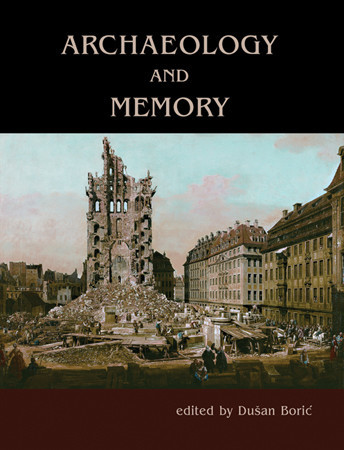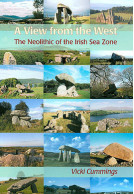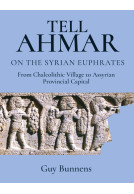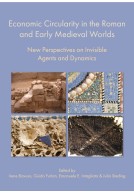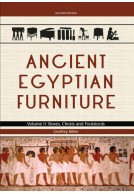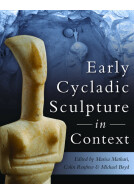Archaeology and Memory (Hardback)
Imprint: Oxbow Books
Pages: 272
Illustrations: 78 b/w illus
ISBN: 9781842173633
Published: 10th March 2010
Script Academic & Professional
Pages: 272
Illustrations: 78 b/w illus
ISBN: 9781842173633
Published: 10th March 2010
Script Academic & Professional
You'll be £55.00 closer to your next £10.00 credit when you purchase Archaeology and Memory. What's this?
+£4.99 UK Delivery or free UK delivery if order is over £40
(click here for international delivery rates)
Need a currency converter? Check XE.com for live rates
(click here for international delivery rates)
Need a currency converter? Check XE.com for live rates
Memory can be both a horrifying trauma and an empowering resource. From the Ancient Greeks to Nietzsche and Derrida, the dilemma about the relationship between history and memory has filled many pages, with one important question singled out: is the writing of history to memory a remedy or a poison? Recently, a growing interest in and preoccupation with the issue of memory, remembering and forgetting has resulted in a proliferation of published works, in various disciplines, that have memory as their focus. This trend, to which the present volume contributes, has started to occupy the dominant discourses of disciplines such as sociology, philosophy, history, anthropology and archaeology, and has also disseminated into the wider public discourse of society and culture today. Such a condition may perhaps echo the phenomenon of a melancholic experience at the turn of the millennium. Archaeology and Memory seeks to examine the diversity of mnemonic systems and their significance in different past contexts as well as the epistemological and ontological importance of archaeological practice and narratives in constituting the human historical condition. The twelve substantial contributions in this volume cover a diverse set of regional examples and focus on a range of prehistoric and classical case studies in Eurasian regional contexts as well as on the predicaments of memory in examples of the archaeologies of 'contemporary past'. From the Mesolithic and Neolithic burial chambers to the trenches of World War I and the role of materiality in international criminal courts, a number of contributors examine how people in the past have thought about their own pasts, while others reflect on our own present-day sensibilities in dealing with the material testimonies of recent history. Both kinds of papers offer wider theoretical reflections on materiality, archaeological methodologies and the ethical responsibilities of archaeological narration about the past.
Other titles in Oxbow Books...







